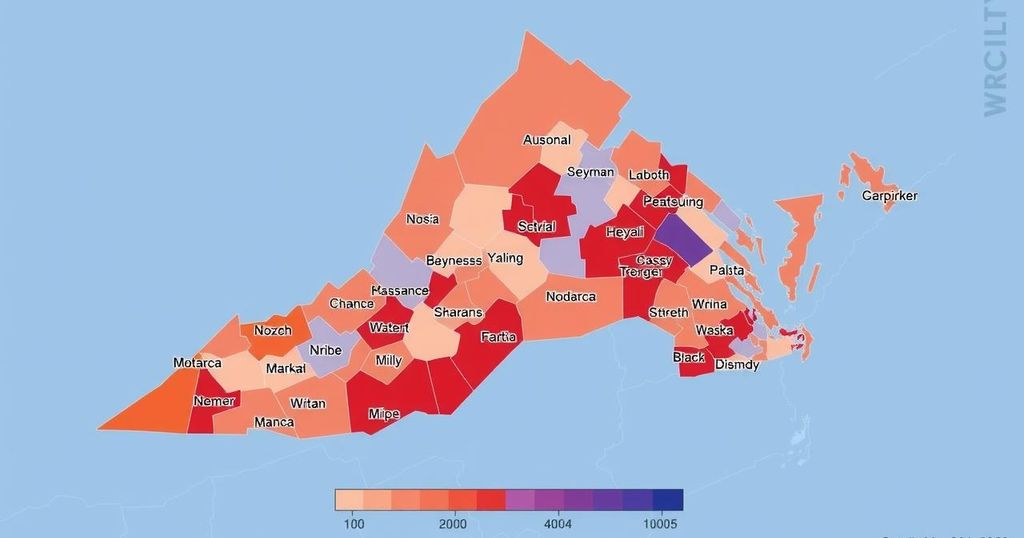No Significant Shift in Virginia Voter Sentiment Amid Special Elections

Virginia’s recent special elections revealed no drastic shifts in voter sentiment, with Democrats securing their legislative majority despite Republican hopes for gains. Governor Glenn Youngkin’s final year in office poses unique challenges with a Democratic legislature, and upcoming elections are expected to provide clearer insights into the political landscape.
In recent special elections held in Virginia, no significant changes in voter sentiment were observed, despite heightened anticipation among political analysts looking for insights following President Donald Trump’s prior electoral successes. The Democratic Party successfully defended its slim majority in the state legislature by winning two special elections in predominantly liberal districts, which were pivotal for Republican hopes of gaining control and extending their political momentum after a strong showing in the last presidential election.
Meanwhile, a Republican candidate notably won in a more conservative region, aligning with expectations. As Democrats maintain a narrow lead within both the state Senate and House of Delegates, their victories signal ongoing challenges for the Republican Party, especially as they navigate an increasingly polarized political landscape.
The upcoming election cycle will draw attention to Governor Glenn Youngkin, who, although term-limited and unable to seek re-election, is considered a potential presidential candidate for 2028. His ability to govern in a divided legislature will be crucial, particularly as he proposes policies that necessitate bipartisan support amidst a politically charged environment.
Political experts caution that while these special elections provide a view into voter engagement, the forthcoming statewide elections will be far more indicative of broader national trends and sentiments. With substantial financial backing expected from both parties, Virginia is poised for an intense political future as it delves into its next gubernatorial race, which will be a crucial measure of the Republican Party’s strategy post-Trump and the Democratic Party’s resilience.
Virginia is under close observation for indications of shifting voter sentiment, especially in the context of elections occurring directly after presidential races. It notably upholds its election schedule primarily in odd-numbered years, including pivotal races for governor and all seats in the House of Delegates. The results from special elections are often seen as preliminary indicators but may not represent the larger dynamics at play in statewide contests, especially as political tides could vary greatly by the next major election in 2025.
In conclusion, the recent special elections in Virginia reflect a transient landscape wherein the Democratic Party has maintained legislative control without noteworthy shifts in voter allegiance. As the state gears up for future elections, political analysts and parties alike will be closely scrutinizing voter engagement and the balancing act between bipartisan collaboration and adversarial political tactics. The outcomes will likely significantly impact the strategic positioning of both parties leading into 2025 and beyond.
Original Source: apnews.com







